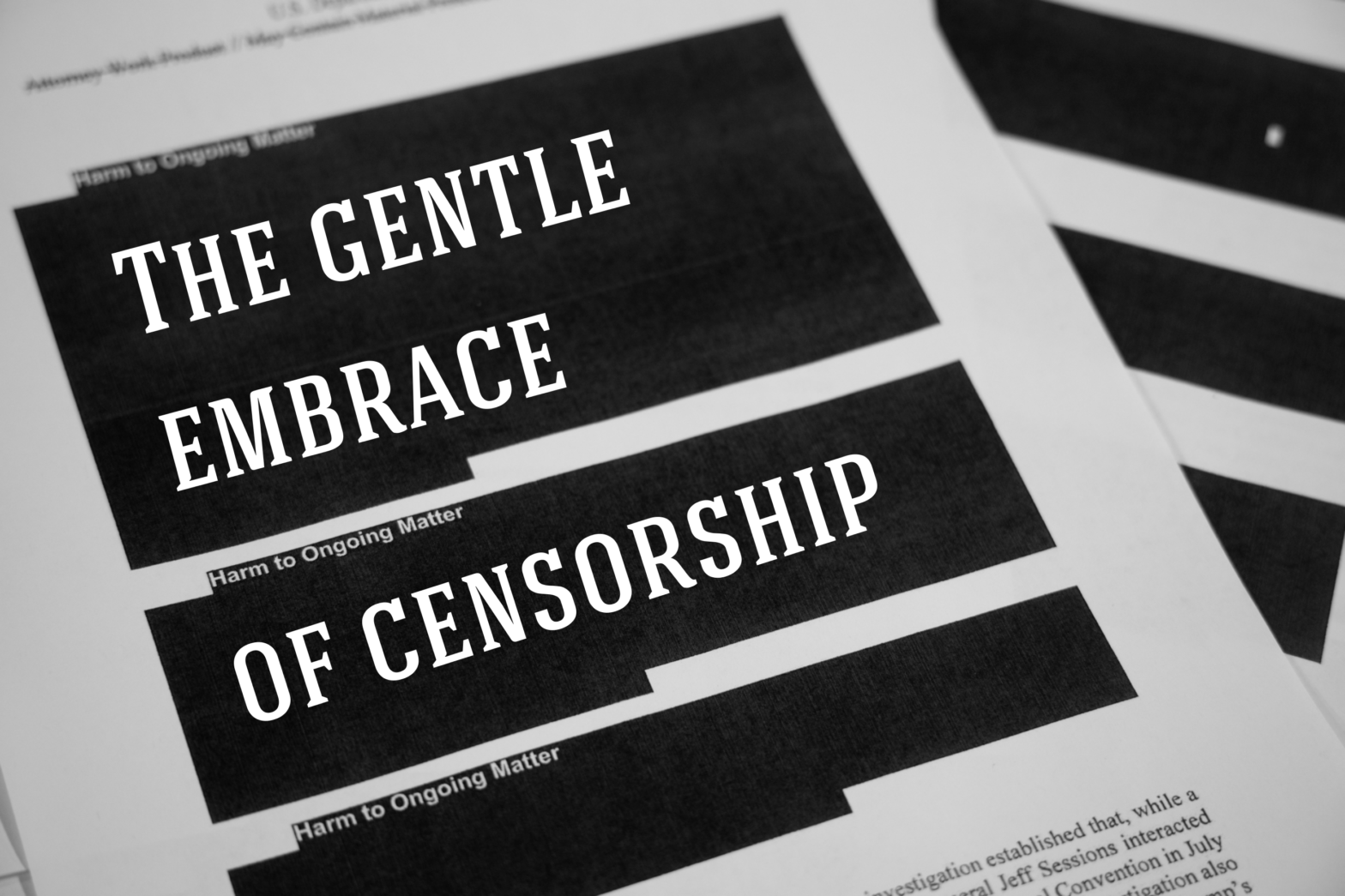In Berlin on February 24, the Ukrainian diaspora is holding an action on the anniversary of the start of the full-scale invasion. Local groups (mostly made up of immigrants from Belarus/Russia) have called to join this action in the format of an anarchist bloc, in response to the Pramen collective’s call for this kind of action across Europe. One of the comrades involved in the preparations for the action today threw me the information that their call was removed from the local indymedia without any comments – the German indymedia is still alive and actively filled with various content, from authoritarian left to anarchist. It’s hard for me not to comment on such a situation.
For an anarchist from Belarus, the very concept of censorship is not difficult to understand. Political contradictions become more important than any talk about freedom of speech and pluralism. It is not difficult to understand censorship from the so-called “left” wing of the political spectrum. Having been born in the Soviet Union and living under Lukashenko’s “social dictatorship”, every politicized person understands that freedom of speech exists somewhere far abroad, while in Belarus it is necessary to keep one’s mouth shut. However, getting censored by the left in Germany is a separate achievement for anarchists from Eastern Europe. It is a simple world in which anarchists fleeing persecution are once again shut up, not by authoritarian powers, but by those who, pretending to be comrades, bravely engage in solidarity sabotage.
That said, the German indymedia continues to be a pretty friendly place for so-called anti-militarists – radical left-wing arrogants who believe that the people of Ukraine and anarchists have no right to resist the Russian invasion with weapons in their hands. I don’t know how many times I’ve had to listen to legends about the need for dialog within the movement and how ready these very antimilitarists are for it.The reality is much simpler, and the censorship of the call on indymedia once again shows that 2 years later no one is looking for dialog, but prefers consolidation of the information field with isolation of certain parts of the anarchist movement in the hope of their extinction.
Except that German leftists are betting on the mistaken notion that anarchists from Eastern Europe will shut up. The revival of the anarchist movement after the collapse of the USSR, as well as its further development, took place under constant conditions of censorship, repression, and attempts to isolate us from society. Those who remained active under Lukashenko’s or Putin’s regime can certainly find their way around the left liberal German political field. And many of us did not believe in left unity anyway, because, unlike many Western activists, we remember our history and those who destroyed anarchists after the fall of the monarchy in Russian Empire.
